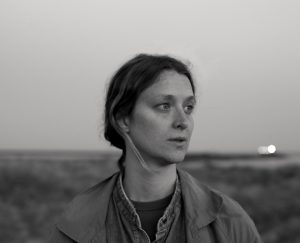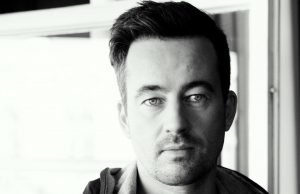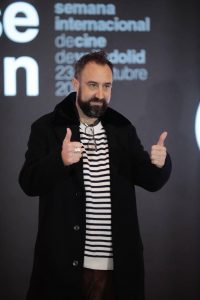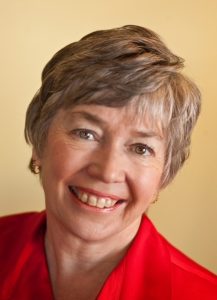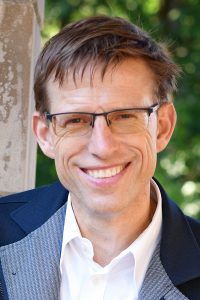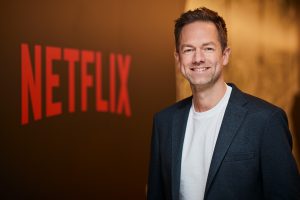
Manager, Film EMEA at Netflix
Lars Wiebe joined Netflix in July 2021 as Manager, Film EMEA for the markets Germany, Austria and Switzerland. With the film productions Blood Red Sky ( author & director: Peter Thorwarth) and München – Im Angesicht des Krieges (director: Christian Schwochow), Wiebe and his team have already landed two international successes on Netflix. Wiebe is currently working on the film adaptation of the anti-war film Im Westen nichts Neues, directed by Edward Berger, and is developing Peter Thorwarth’s second project, Blood and Gold.
Most recently, Lars Wiebe was Head of German Productions at SquareOne Entertainment, where he realized the German-British co-production The Keeper by Marcus H. Rosenmüller and Hinterland by Stefan Ruzowitzky, among others. Before that, he was Head of Acquisitions and Co-Productions at the Swiss film production and financing company Millbrook Pictures, based in Zurich. Lars Wiebe is a graduate of the University of Film and Television Munich.
